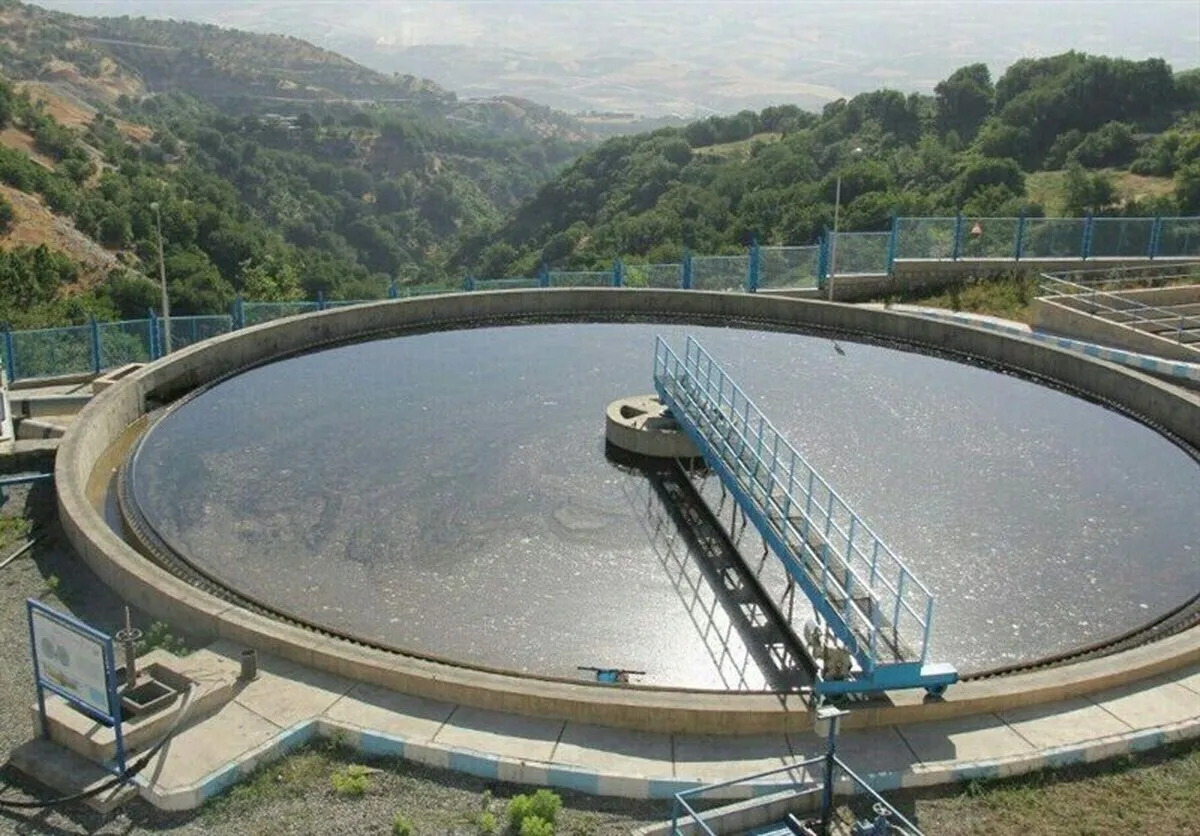Iranian Scientists Produce Diesel, Black Carbon from Sewage

Abbas Ali Mesrzadeh, the managing director of Tehran Wastewater Company, stated that carbon black is used as a raw material for industries, specially the rubber industry, and said, “Making this product in the wastewater treatment process can prevent environmental pollution and generate income and added value from a product that has been harmful to the environment so far.”
“This year, the sewage company's plan is to convert 120 tons of sludge daily into diesel and carbon black, which can be used in the heating system of refineries and related facilities, and carbon black can be sold in the stock market as a raw material for industries,” he added.
Noting that sewage is considered a source of pollution and a threat to human societies at the first glance, Mesrzadeh said, “A good thing that happens in the controlled and hygienic sewage collection projects and plans is that the threat of sewage turns into an opportunity.”
In a relevant development in late 2022, a knowledge-based company in Iran had also achieved the technology to convert oil sludge and waste from urban sewage treatment into usable products and fuel.
Ali Khani, a Ph.D. graduate in applied chemistry-environmental engineering and a faculty member of Islamic Azad University’s Mianeh branch, along with Ali Rasoulzadeh, the founder of the knowledge-based company, are the manufacturers of the multi-functional co-pyrolysis system for recycling all types of urban, industrial and agricultural waste in Iran.
“Our knowledge-based company has succeeded in producing the multifunctional co-pyrolysis device which is used for recycling all types of worthless rejected waste,” Khani told ANA.
The device converts urban, hospital and industrial polymer wastes, including non-recyclable plastic and rubber wastes, into hydrocarbons for diesel fuel and carbon black, greenhouse wastes and agricultural wastes into wood vinegar and biochar, oil sludge resulted from drilling operations, oil transfer and refinery operations into oil derivatives, and sludge from urban sewage treatment and wet urban waste into biochar, he added
Noting that no such technology has existed in Iran so far, Khani said that compared to foreign models, the Iran-made device is more efficient, less pollutant and higher quality and it is capable of multitasking.
4155/v





















